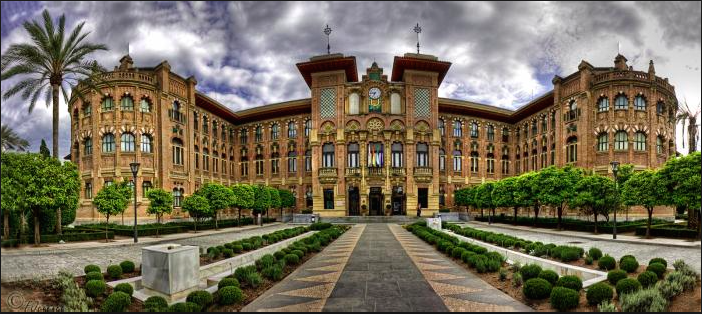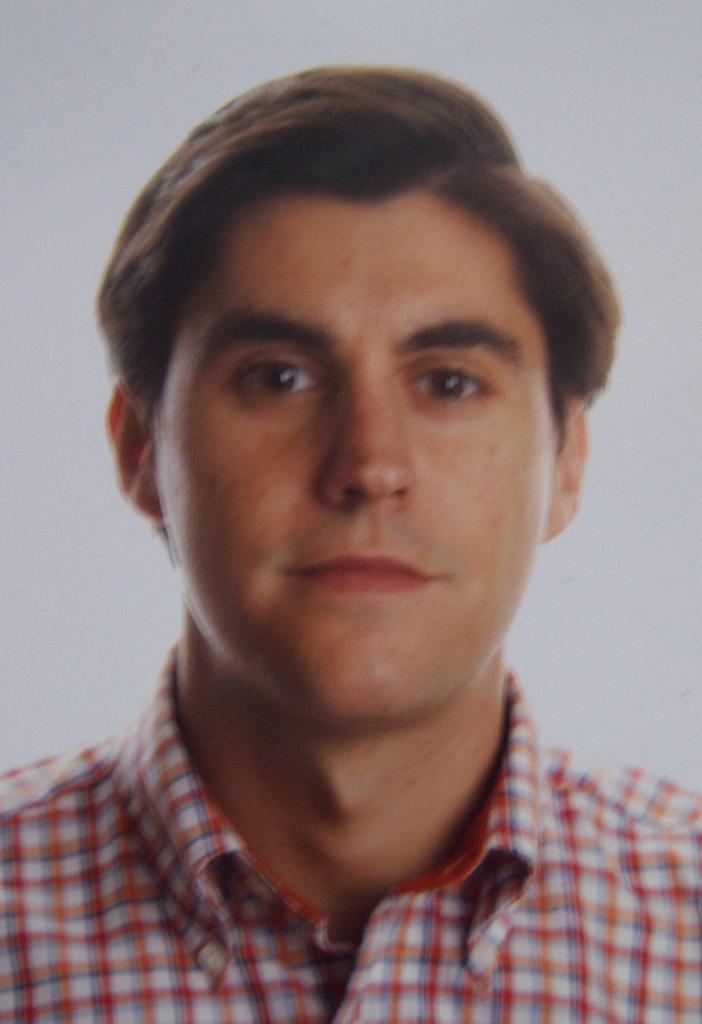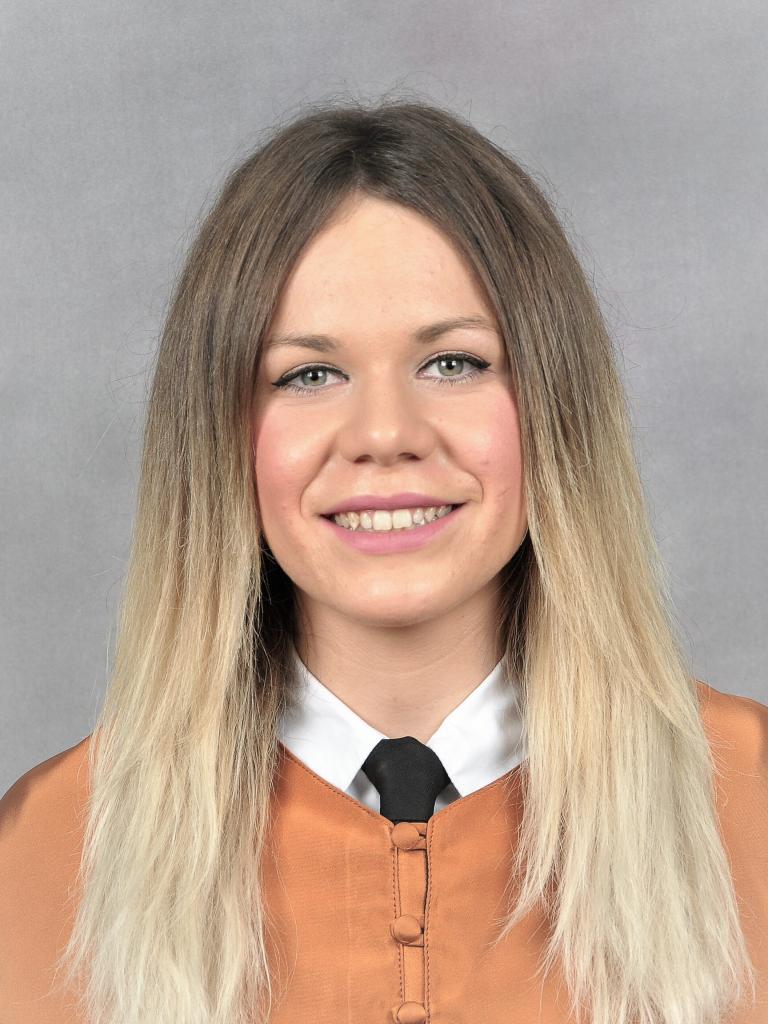Implementing the FruitFlyNet-ii project: Meet our technical managers in Spain

“Young blood” is more than welcomed when you must deal with difficult domains such innovation.
Emilio Calvo Cerezo, Technical Manager of University of Córdoba
Emilio Calvo Cerezo studied Agronomic Engineering and holds a master’s degree in ag-tech (DigitalAgri), both from the University of Córdoba, with specialization in computer vision and IoT, by the usage of open-source tools, applied to the automatic identification of the olive fly. He has been working for more than 13 years in the olive oil sector both in field and industry, focused on olive fly´s control by applying all possible technologies to achieve, among others, the monitoring of the insect in plots and the support of aerial and land spraying decisions. This allowed him to have close contact with farmers and with the regional and local Administration. Furthermore, he has worked as an instructor in different courses for farmers.

Stakeholders are important for us. So, we are in continuous contact with them by social media and some conversations in person. In the future, we will do some forms about the e-trap and e-services, and some meeting to know their opinion to get feedback.
Flora Moreno Alcaide, Technical Manager of University of Córdoba
Flora Moreno Alcaide graduated from the University of Cordoba in Agricultural Engineering with thesis: “Use of pre-commercial formulations based on microsclerotia produced by the entomopathogenic fungus Metarhizium brunneum for the control of the olive fruit fly”. She has professional experience in entomopathogenic fungi and olive fruit fly control, in the olive growing sector while participated in several training courses such as Agronomy and Pruning, Ecological Agriculture, Soil, Irrigation, Nutrition and Environment.

From my point of view, I think that the University of Cordoba can contribute a lot to FruitFlyNet-ii since it has a great deal of knowledge and experience in the olive growing sector. In this aspect and as it is one of the main crops in Spain, we bet a lot on it among others and contribute to its improvement.
Which are the actions taken so far on behalf of your institution in FruitFlyNet-ii context and what kind of initiatives will you implement the following months?
Emilio: Since I was assigned to FruitFlyNet-ii project, I have been knowing all the details of the project to form a strong base of knowledge about it. With the other manager of the project, Flora, we visited the experimental site in Córdoba to study how we will do the tests of the Location Aware System (LAS). With the conclusions of this experiment, we will provide improvements to optimize the prototype. Also, I had an online meeting with the other partners where we discussed the design of the experiments.
In the following months, we will install all the classic fly traps at the experimental plots and start with the monitoring to know how we could optimize it. Also, we will welcome the prototype of the e-trap to our plot and start to work with it, continuing in contact with other partners to develop and optimize both the e-trap and e-services.
Flora: Primarily, the target plot was chosen because of its proximity to the University. Subsequently, a field visit was made to evaluate and get to know the area. In this evaluation, we have determined data such as Climatology, the total area of the plot, varieties of olive trees, access, type of soil, work carried out, among many other aspects.
Together with my team, Meelad and Emilio, we visited another experimental area also close to the university. In both experimental areas, we have evaluated how to perform the tests and which aspects of the LAS to evaluate, such as the distance between them. With the results that we obtain afterward, we will make improvements to optimize the e-trap prototype.In the next few months, we will install the olive fruit fly traps and evaluate what aspects we could improve in the prototype e-trap when we receive it.
What kind of innovation do you bring in the FFN-ii context as an institution?
Emilio: As an institution, I think that the University of Cordoba contributes to the FruitFlyNet-ii with wide knowledge and experience regarding olive grove in general, and in olive fly. In Spain, olive is very important, as you can know is the first olive oil producer, and this University is one of the knowledge’s engines about this crop. Furthermore, we have experience in ag-tech development, like computer vision and IoT. We bring also an appropriate experimental site and a wide basis of stakeholders that are very interesting in the prototype.
Flora: From my point of view, I think that the University of Cordoba can contribute a lot to FruitFlyNet-ii since it has a great deal of knowledge and experience in the olive growing sector. In this aspect and as it is one of the main crops in Spain, we bet a lot on it among others and contribute to its improvement. We carry out numerous research projects every year.
How do you intend to involve local stakeholders in your initiatives?
Emilio: Stakeholders are important for us. So, we are in continuous contact with them by social media and some conversations in person. In the future, we will do some forms about the e-trap and e-services, and some meeting to know their opinion to get feedback.
Flora: Stakeholders play a fundamental role, that is why we plan to hold a few days and visits and thus know their opinion on the matter.
How did you manage to overcome difficulties related to covid pandemic?
Emilio: COVID pandemic brings us a very difficult situation. We couldn´t travel and don´t see the prototype. I think that this situation forces us to have more online meetings and use more digital resources, like photos or videos of the traps at the experimental site, use GIS tools….
Flora: We are currently living in a complicated situation in which the COVID pandemic is severely limiting us. In this sense, he had scheduled trips to see the e-trap prototype in person, which could not be carried out. For this reason, we resort to more online meetings with the associated parties and maintain contact in this way.
- About the University of Córdoba
-
The University of Córdoba (Universidad de Córdoba - UCO) is a non-profit High Education and Research institution established in 1972. It is considered at the forefront of research in Andalusia and is ranking among the top research institutions at the national level, with more than two thousand papers published in Agricultural Sciences and Plant & Animal Science. UCO has a commitment with society, promoting innovation, research and technological development as an instrument for the social and economic progress. In this way, transfer of knowledge is too, one of the missions of this university.
The institution is also involved in The Agrifood Campus of International Excellence (ceiA3) as well as in several research centers as the IMIBIC (Institute Maimonides of Biomedical Research) and the “University Research Institute of Fine Chemicals and Nanochemistry” and in the creation of the Rabanales 21 Science and Technology Park. It has considerable experience in managing and implementing international projects.
Currently, UCO has been granted with 35 projects funded through H2020 and 21 projects funded by other European programs (since 2014). In a previous period (2007-2013), UCO obtained 30 projects funded through the Seventh Framework Program and 19 projects funded by other European programs. A Knowledge Transfer Office and an International Projects Office which facilitates the management, implementation and dissemination of transnational projects achieved by our university as well as the transfer of knowledge and protection of obtained results.
UCO has obtained the 'Human Resources Excellence in Research logo ' (HRS4R) awarded by The European Commission, which ensure the improvement of working conditions for researchers across Europe. Furthermore, as local contact point of Euraxess Network, supports researcher mobility and career development, enhancing scientific collaboration between UCO and international researchers.









